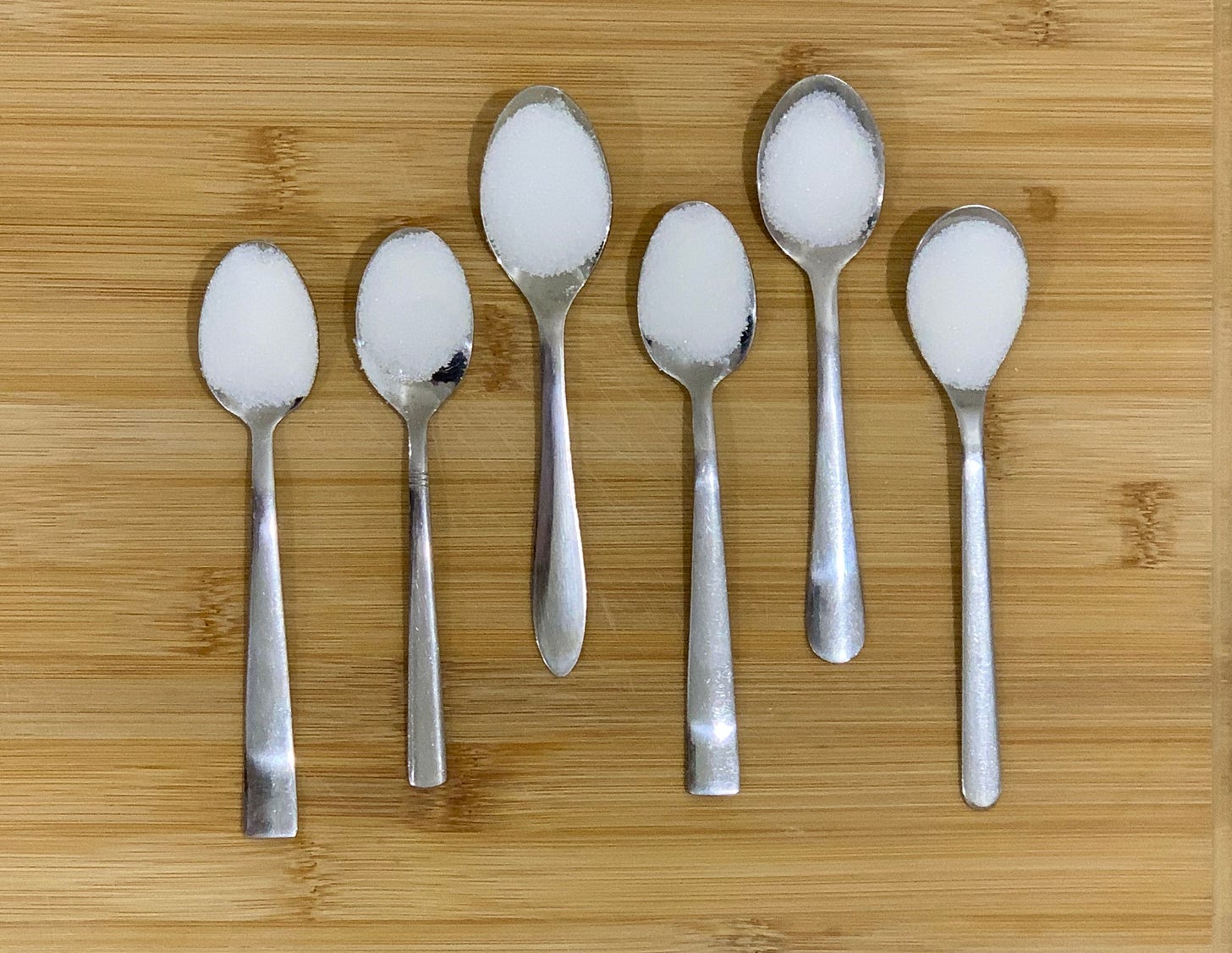The Energy Bank
Balancing energy input and output can help prevent major crashes and can empower children to face draining challenges, knowing their energy can be replenished later.
In the last three articles we explored the complex topic of meltdowns. We were encouraged to work collaboratively with our children, where possible, to manage stressors and to actively apply tools and strategies to reduce pressure. We were also reminded of the importance of asking God for wisdom – wisdom is key!
This week, we’ll focus on a practical tool to help our children consciously balance their energy. As we saw throughout the previous articles, meltdowns are often triggered by energy depletion. We want our children to become effective “energy bankers” as they balance their energy budget.
Today, I’m sharing an article I published in March on this topic. It’s the first time I’ve reposted an article, but I believe this is especially relevant following the discussion on meltdowns. If you’ve read it before, it’s worth revisiting! In this article, the energy bank is a drawer full of spoons…
Spoon Theory
In this article, we’ll explore Spoon Theory, a system of energy accounting[1] that can have a significant impact on the lives of exhausted neurodivergent people and those who support them. It’s certainly been very useful in our family.
Spoon Theory imagines that each of us has a metaphorical drawer of spoons, with each spoon representing a portion of our energy reserves. Spoons are taken out when energy is expended through draining situations, activities, or emotions. Spoons are added when energy is replenished through rejuvenating situations, activities, or emotions. Different people spend and gain spoons from different things. Neurodivergent people frequently start their day with fewer spoons than neurotypical people and tend to expend them more quickly.
Jamie Knight, an autistic web developer and BBC presenter, explains how he uses Spoon Theory,
“Even if I sleep really well, I only get ten spoons a day. Things like crossing the road might take half a spoon, certainly getting here [to the BBC studios] this morning took three spoons. So I need to very carefully manage that budget. It’s a bit like misspending by a pound when you’ve got ten pounds versus misspending by a pound when you’ve got one hundred pounds.”[2]
As a parent, Spoon Theory has been very useful as I support my neurodivergent children. It has helped me to identify what uses up spoons throughout the day for my children and assess whether there could be adaptations that mean they use up fewer spoons in the day. Some things that use spoons need to remain in their day. Other things can easily be removed or modified.
Our home is an adapted environment, there are many things we have tweaked so those in our family with few spoons aren’t wasting them. This is a God-given opportunity to love one another in an other-person centred way, as Jesus does (John 13:34). We’ll delve deeper into adaptive environments in a post to come.
Home is one thing but asking things outside the home to adapt can sometimes be more difficult. Have you found the same?
There is no doubt that society is designed around neurotypical traits and preferences. For example, why are classroom lights as bright as they are? Why are children told to sit still to listen? Why is the work day typically 8 hours long? Environments and structures in school, church, shops, and workplaces are considered fine because they’re fine for most people.
It’s helpful to remember that neurotypical people aren’t without their own limits. For example, the classroom lights couldn’t be replaced with sports field lights. Children are never asked to sit still for 5 hours straight and listen. The work day isn’t 15 hours long. Perhaps it would be desirable for a child to sit and listen for 5 hours or for an adult to work for 15 hours, but it’s not within their limits, so it’s not even considered a loss. Society has naturally designed itself around the limits of neurotypical people.
And then society forgets those limits exist.
So when a neurodivergent person experiences differences in limits, sometimes society refuses to make allowances. People have forgotten that their own needs have been met, and instead think they have no needs. The neurodivergent person is often left to manage or mask their different needs, moving through an environment and situations that drain them of spoon after spoon.
What is it like?
I asked some neurodivergent children and adults to share how they experience the exhaustion that comes with running out of spoons.
An 11 year old autistic girl tells me,
“It feels like everything just gets heavy. I feel like everything is too much all of a sudden. Sometimes I can’t eat. It feels like I’m really sick.”
A 9 year old autistic girl explains,
“I feel tired and miserable, I feel like doing nothing, I can only watch my iPad and lie down all day”
A Christian man with ADHD tells me,
“I feel irritable, like I have a shorter fuse than I am normally capable of. I can’t think clearly and see things objectively. And I get really farty and bloated emotionally.”
A Christian woman with ADHD describes how it feels for her, saying,
“I usually notice the mental exhaustion when I want to curl into a ball. I feel heavy, slow, sad and down and it’s really hard to make decisions and to parent well. I want to be alone, under a weighted blanket with music on that helps me cry. A good sleep goes a long way too.”
For more on what can happen when energy is completely sapped, you might like to read my article on Exhaustion and my articles on Meltdowns.
Adding spoons to add energy
One of my neurodivergent children bemoans the structure of the Australian school day. We lived for 9 years in France, until we returned to Australia 18 months ago. One thing we loved about France was that school children had the option to return home during the 2-hour lunch break. Our children chose that every day. It meant their spoons could be replenished. Familiar food, silence, dim lights, an energy replenishing activity, then back to school. Still, the school day ran from 8:20am-4:30 and so they would often end the day with only enough spoons to make the trip home.
Professor Tony Attwood, an expert in Autism Studies, reminds us of the importance of replenishing spoons.[3] He suggests keeping track of the cost of certain activities and environments and keeping track of the deposits gained from other activities. What invigorates your child? What relaxes them? What gives them a sense of connection?
Many children can identify for themselves some of the things they enjoy. Perhaps it’s holding a pet, playing with toys, engaging in their special interest. There may be more things they could add to their repertoire. See my article on Sensory Sensitivities to explore sensory aspects that can restore energy. Many neurodivergent children find vestibular stimulation very soothing. These are movements that affect the vestibular system in the inner ear, such as jumping, rocking, or swinging. Our trampoline and balance board are invaluable for this! Pressure stimulation also can be relaxing for some. A tight cuddle, a weighted blanket, pressure vests, body socks, a gentle but firm massage, or squeezing objects like a teddy or a stress ball.
A variety of positive input is the most effective way to replenish the spoons, mix and match!
Jesus and the real solution
God did not create humans to have no limits. He does not ask us to do super-human things. Those of us who can see our limitations more clearly can perhaps more easily see what Christ has done for us. As Christians, we must remember what we truly want for our children (remember: it’s not to be like everyone else).
We point them to Christ, who originally had no human limits, but gave that up to serve us as a limited human (Phil 2:7). He needed to eat. He needed to drink. He needed solace. He needed sleep. He knows our limitedness (Heb 4:15). It wasn’t human limits that we needed to be saved from, and we don’t need to wish them away for us or for our children.
It was sin that was the problem. No matter our brain types, this is the real problem. And our loving God solved that problem for us in Jesus’ death and resurrection. As we struggle through this world, we can look to God who has given us freedom from our deepest problem.
Everyone has limits, no matter their neurotype. As a family, we have the privilege of caring for each other as we manage our spoon withdrawals and deposits, not bemoaning our limits but looking to our Lord for our deepest needs.
Isaiah 40:30-31 says,
“Even youths grow tired and weary, and young men stumble and fall; but those who hope in the Lord will renew their strength. They will soar on wings like eagles; they will run and not grow weary, they will walk and not be faint.”
FOOTNOTES
[1] The idea of energy accounting was pioneered by Maya Toudal and Professor Tony Attwood. It's a valuable concept that delves deeper than the Spoon Theory.
[2] Podcast 1800 Secods on Autism, Episode “Turn Down the Studio Lights”, BBC, November 2018
[3] There are many places I could point you to, but in this video, Prof. Attwood dives into a detailed method of keeping track of energy. Look up on Youtube “Ask Dr Tony – February 2022” (from 27 minutes for energy accounting).







Kate, I so appreciate your work ... personally as a grandma, as a pastoral counselor and group facilitator, as a writer, and a woman 'of a certain age' who never stops learning. Thank you for being in my life.